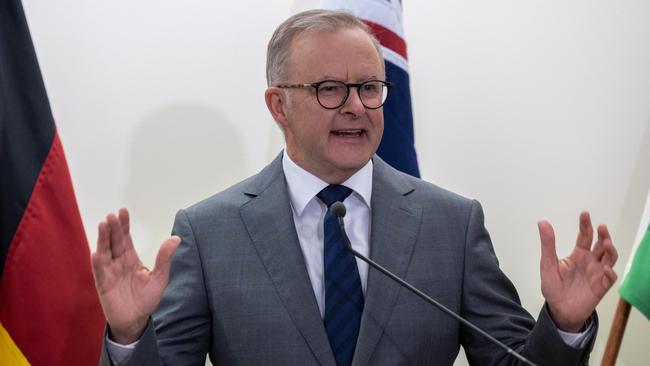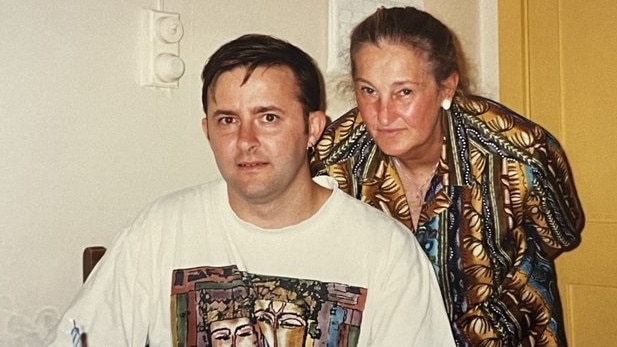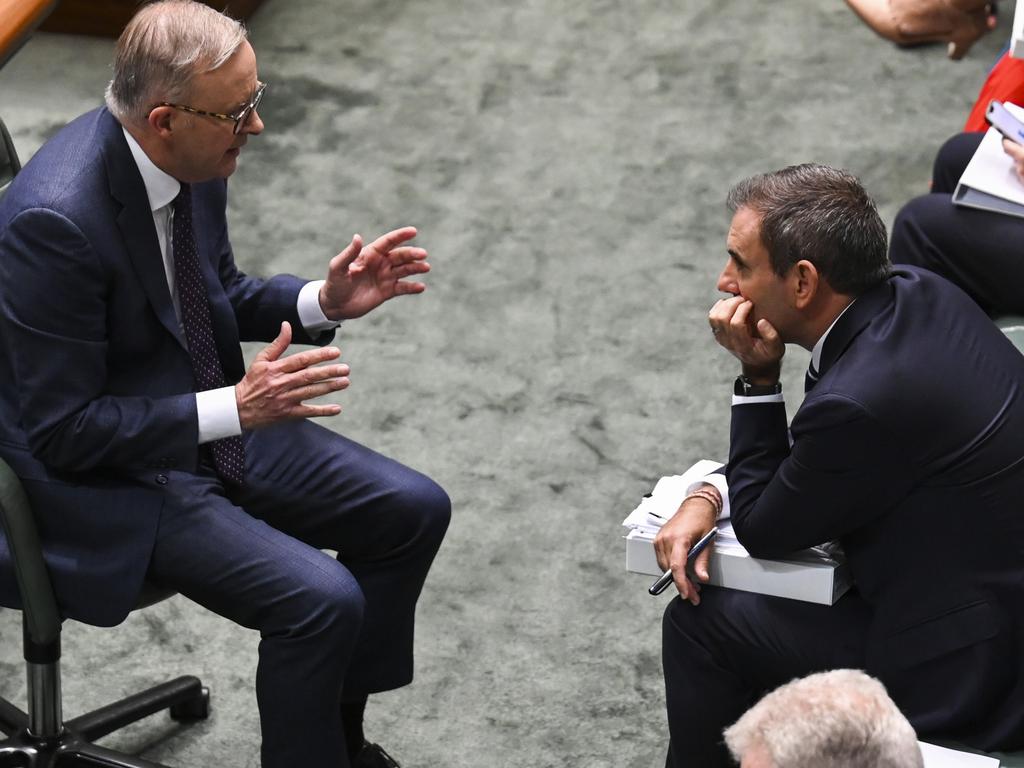
There are murmurs around parliament that perhaps Labor isn’t fully aware that cost of living concerns are the main game in town. Some pot shots in this regard have been directed personally at the Prime Minister. In particular by the opposition, but by some commentators too.
Actually Anthony Albanese knows the importance of cost of living to voters only too well, and he knows cost of living concerns are not a game to be played with politically. He’s made this point when challenged in the chamber.
Albanese’s background growing up in housing commission with a single mum speaks to a lived experience which understands the strain Australians face when money is tight. To suggest otherwise is to not understand the PM. In fact his background has long been important in framing the PM’s values and approach to social and economic policies. And the closer he has come to power over the years the more he’s realised the balancing act between compassionate policy settings and the macro needs of the economy.
The criticisms have come because the Voice to Parliament has been a central issue for weeks, and will be put to a referendum later in the year. It’s one of a number of issues beyond the economy the government is managing.

But governments can walk and chew gum at the same time. Prosecuting different arguments at the same time. The PM isn’t going to drop non economic agenda items from his wish list simply because economic challenges are ever present.
Albanese is acutely aware of his economic responsibilities. He’s the only member of the government’s expenditure review committee with an economics degree. That’s perhaps it’s own worry: they have three PhDs in economics not in the ministry, from those minnow higher educational institutions of Harvard (Andrew Leigh), Oxford (Andrew Charlton) and Yale (Dan Mulino). Perhaps promotions should be in the offing?
In a sign that sometimes political cleverness isn’t all that clever, last week when the cash rate went up on Tuesday in the middle of Question Time, the brains trust running government tactics got Mulino to ask the Treasurer: What does the independent reserve banks decision on interest rates mean for Australians?
Rather than the backbencher with an economics PhD from Yale asking the Treasurer without an economic degree that question, the QandA should really be the other way around. Let’s just hope that’s the case behind closed doors.
The countdown to the May budget will see Labor shift it’s primary focus to economic matters. That won’t mean junking the rest of its agenda mind you. It will simply mean that as 2023 unfolds, and as policy parameters are increasingly defined by the moves this government makes, those decisions will need to be viewed politically as well as economically. Focused on what voters need, especially those most exposed to rising interest rates and high inflation. With one eye on the politics of the day.
To be sure, the tough economic times ahead suit oppositions. But that doesn’t mean Labor and Albanese aren’t aware of their responsibilities. On the contrary, it likely heightens their awareness, knowing that they have to look after the policy and the political challenges afoot. And Albanese’s life experience suggests it’s not just a game to him like it can be for some.
Peter van Onselen is a professor of politics and pubic policy at The University of Western Australia and Griffith University.







